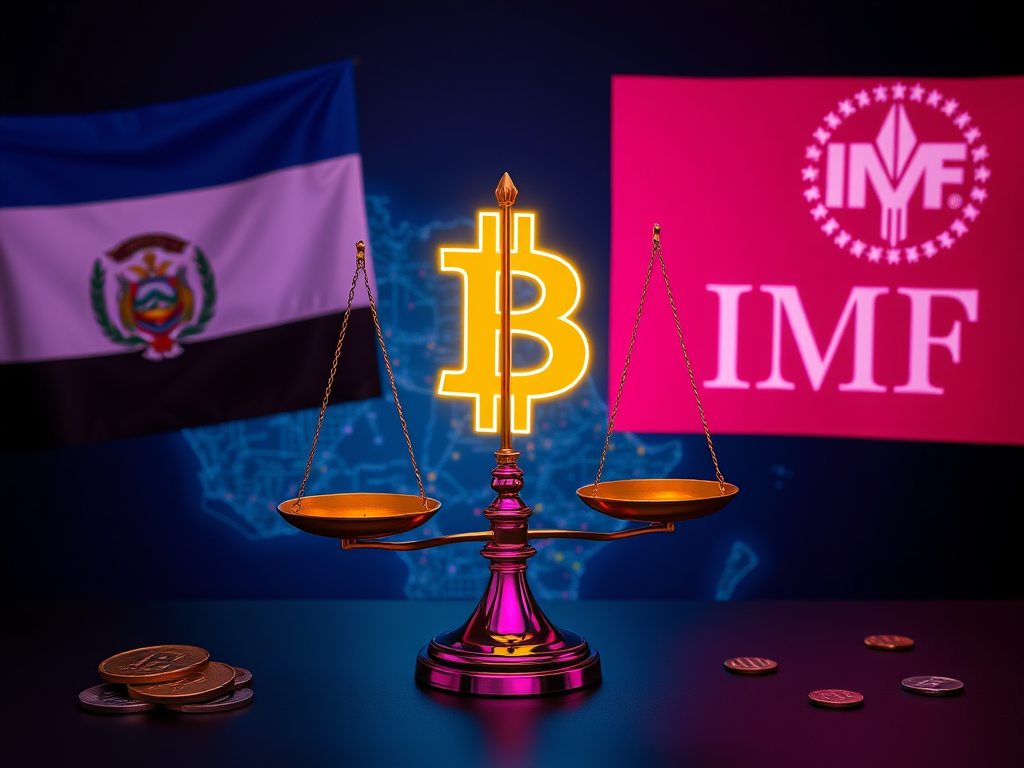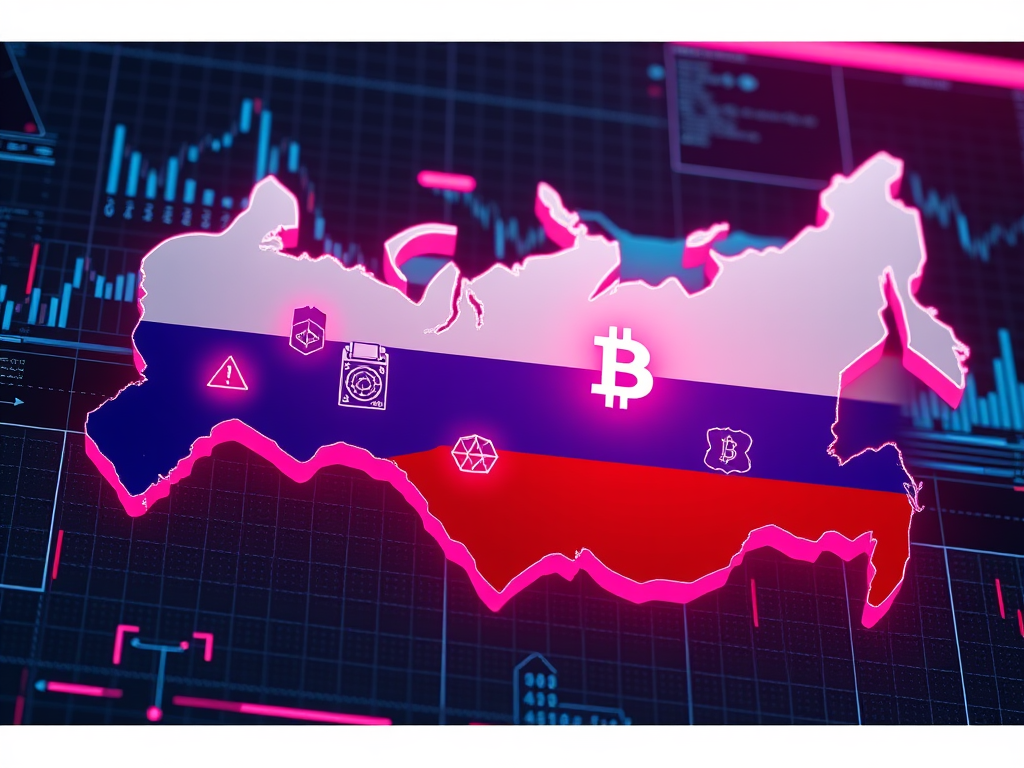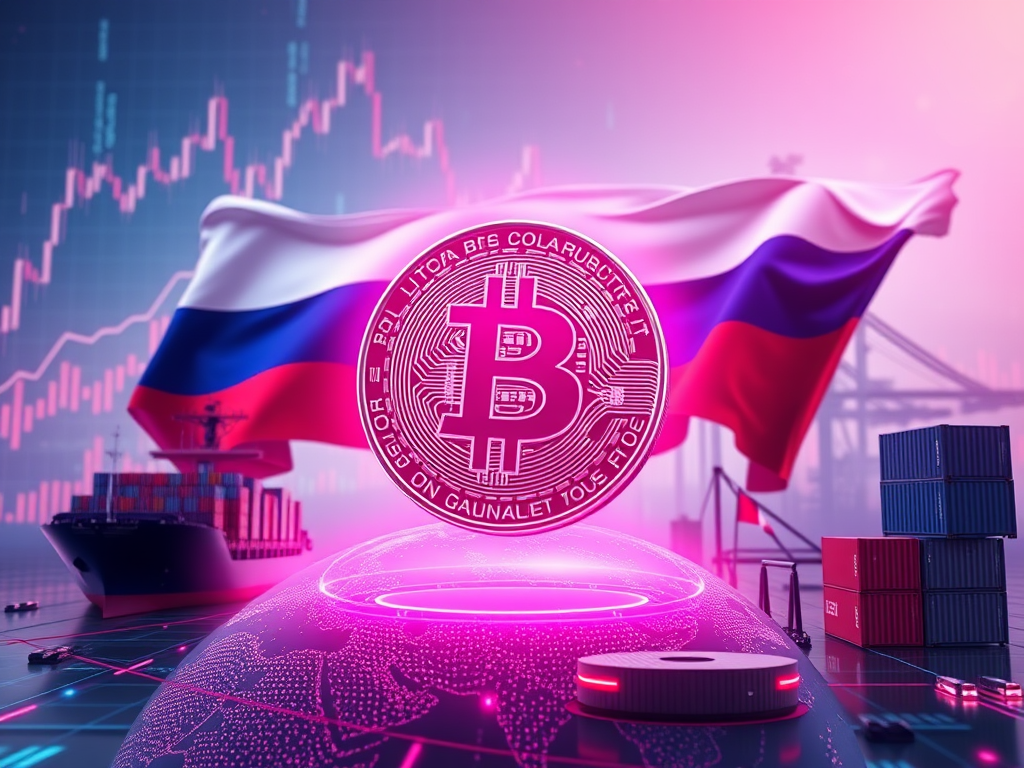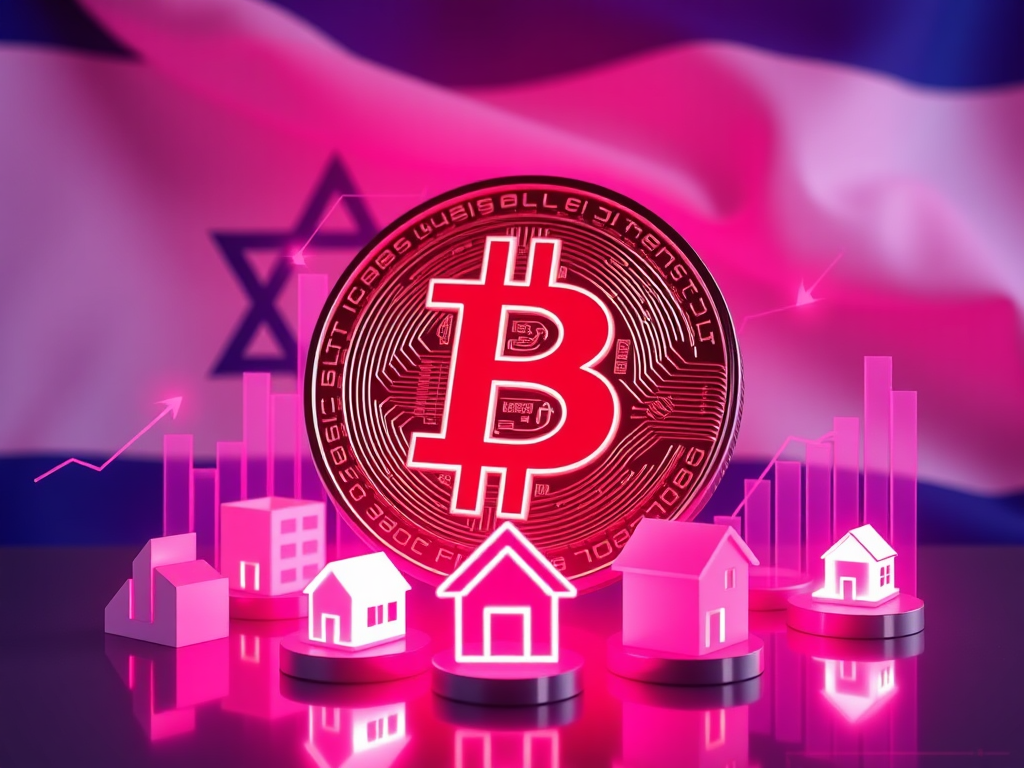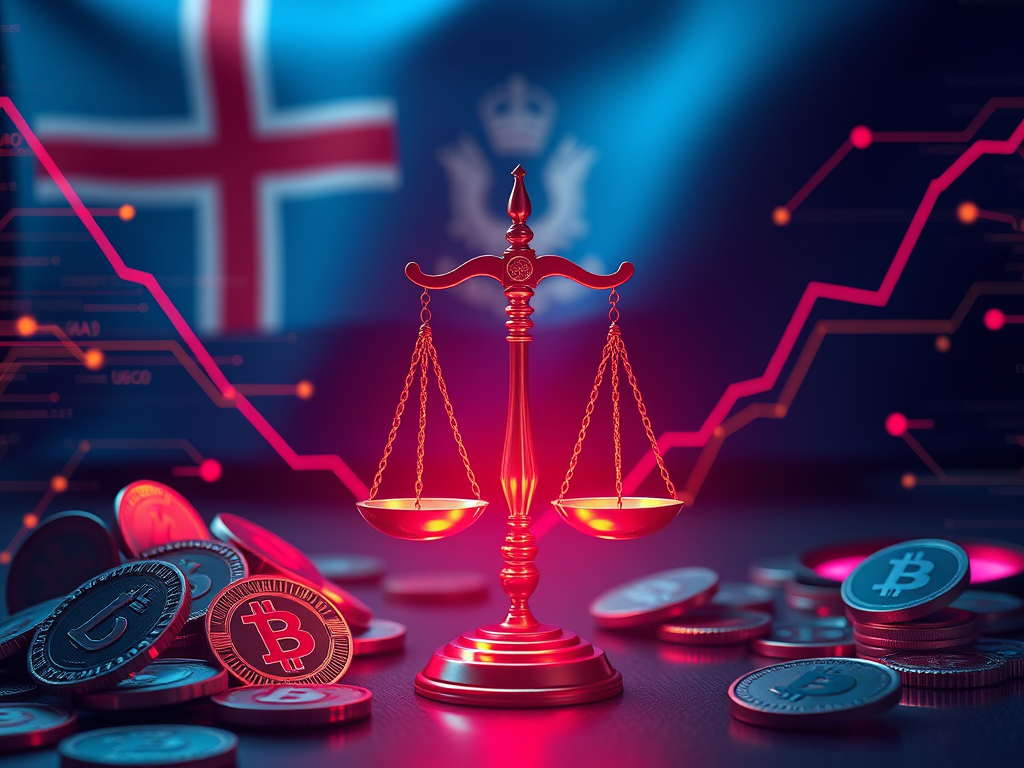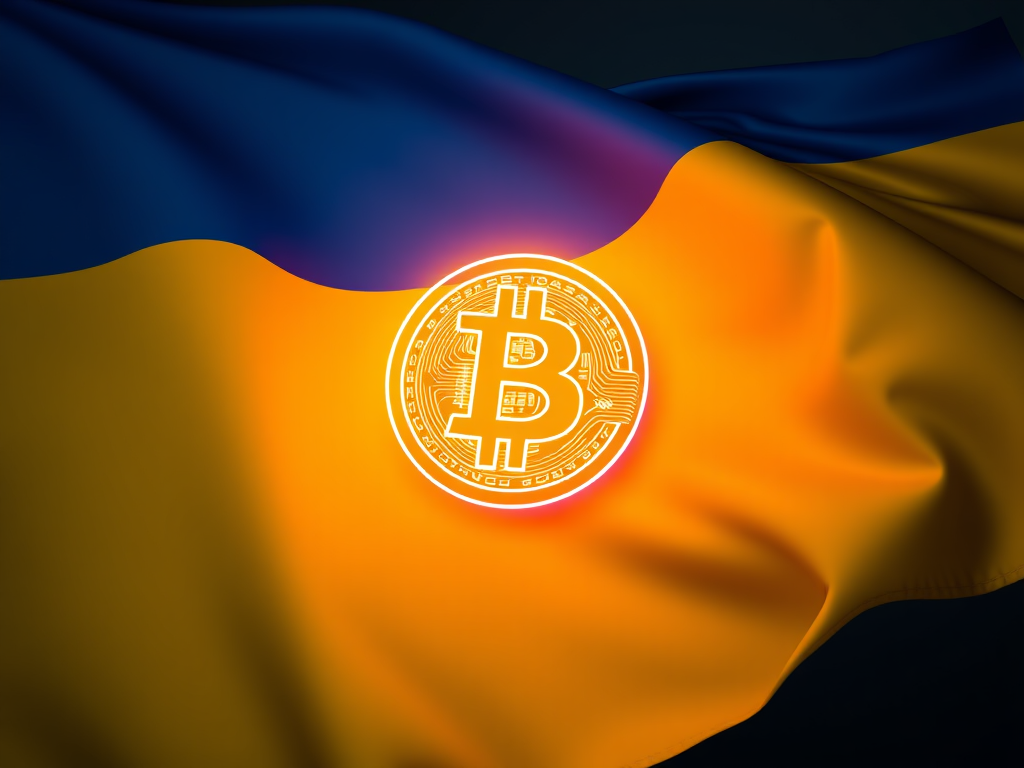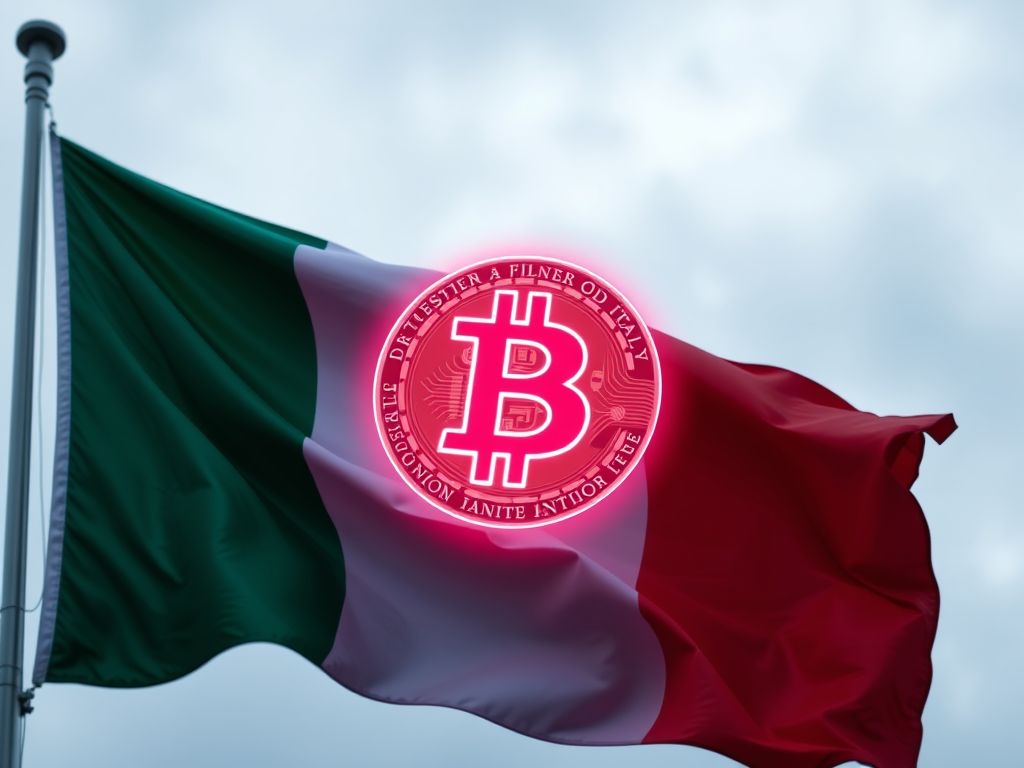Key Points
- El Salvador has agreed to make Bitcoin acceptance voluntary and limit public sector crypto activities in exchange for a $1.4 billion IMF loan deal, marking a significant shift from its 2021 Bitcoin Law that made the cryptocurrency legal tender.
- The total financing package, including additional support from the World Bank and other development banks, is expected to exceed $3.5 billion, aimed at strengthening fiscal stability and promoting inclusive growth.
IMF Agreement Terms and Bitcoin Restrictions
El Salvador has reached a landmark agreement with the International Monetary Fund (IMF) that will provide $1.4 billion in funding over 40 months, subject to significant changes in the country’s Bitcoin policies. Under the new terms, the acceptance of Bitcoin by private businesses will become voluntary, departing from the previous requirement that mandated all merchants to accept the cryptocurrency as payment.
The deal stipulates that public sector engagement in Bitcoin-related activities will be confined, and tax payments must be made exclusively in US dollars. Additionally, the government will gradually reduce its involvement in the state-backed Chivo wallet, which has seen limited adoption among citizens.
Current Bitcoin Holdings and Official Response
Despite the new restrictions, El Salvador maintains a significant Bitcoin position, currently holding 5,968.8 Bitcoin valued at approximately $602 million. A spokesperson from the National Bitcoin Office has affirmed their commitment to continue accumulating Bitcoin, stating they will “keep buying one Bitcoin a day” and retain their current holdings. This stance suggests a delicate balance between meeting IMF requirements and maintaining the country’s crypto strategy.
Public Adoption and Market Response
Recent surveys indicate limited domestic Bitcoin adoption, with an October study revealing that 92% of Salvadorans don’t engage in Bitcoin transactions, an increase from 88% in 2023. The agreement has sparked mixed reactions from Bitcoin advocates, including Bukele’s Bitcoin adviser Max Keiser, who dismissed the IMF’s requirements as “bureaucratic, meaningless, nonsense.”
The deal, which still requires final approval from the IMF Executive Board, represents the culmination of four years of negotiations and marks a significant shift in El Salvador’s pioneering cryptocurrency experiment. The broader financing package, expected to exceed $3.5 billion with additional support from other international financial institutions, aims to address the country’s economic challenges while maintaining its position as a crypto-friendly nation.
